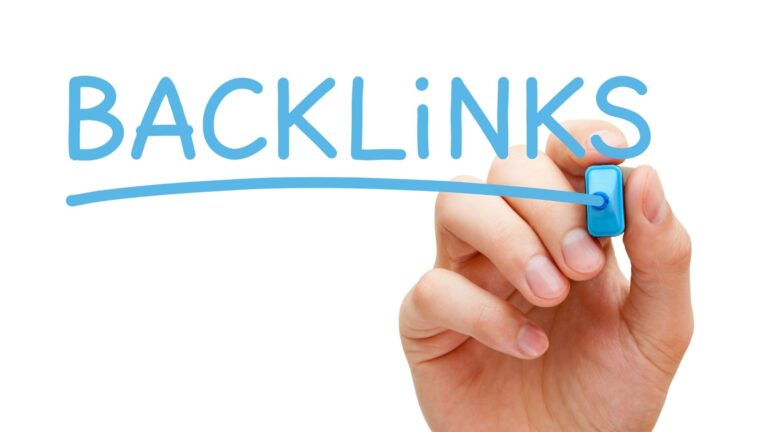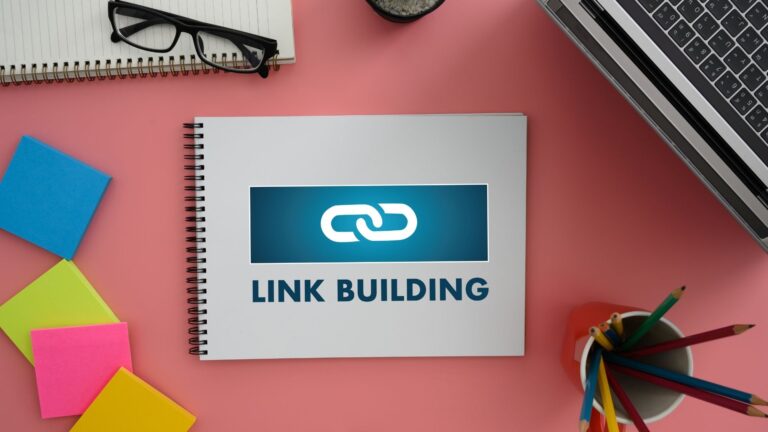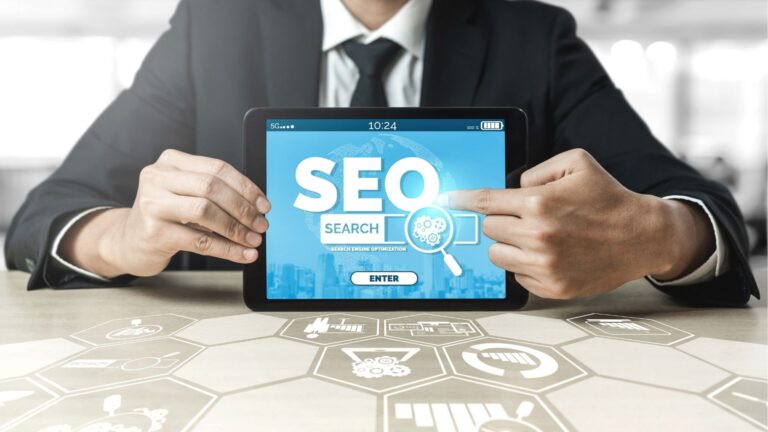In the world of digital marketing, search engine optimization (SEO) is the key to gaining visibility and driving organic traffic to your website. While there are various aspects to SEO, one crucial element that can significantly impact your website’s performance is on-page SEO. In this article, we will demystify on-page SEO and provide you with everything you need to know to optimize your website effectively.
Understanding On-Page SEO
On-page SEO refers to the practice of optimizing individual web pages to improve their search engine rankings and attract relevant organic traffic. Unlike off-page SEO, which focuses on external factors such as backlinks and social signals, on-page SEO involves optimizing the content, HTML source code, and various elements within your web pages.
Keyword Research and Optimization
Keyword research is the foundation of on-page SEO. It involves identifying the search terms and phrases your target audience uses when looking for information online. By incorporating these keywords strategically into your content, you increase the chances of ranking higher in search engine results pages (SERPs).
When optimizing your web pages, it’s important to place keywords strategically in key areas, such as the page title, headings, meta descriptions, URL, and throughout the content. However, it’s crucial to maintain a natural flow and avoid overstuffing your content with keywords, as this can harm your rankings.
High-Quality and Relevant Content
One of the primary goals of on-page SEO is to provide valuable and relevant content to your audience. Search engines prioritize high-quality content that addresses users’ search intent. To optimize your content, ensure it is well-written, informative, and engaging. Incorporate relevant keywords naturally and organize the information using headings, subheadings, and bullet points to improve readability.
Page Titles and Meta Descriptions
Page titles and meta descriptions are essential elements for both users and search engines. The page title is the first thing users see in search results, so it should be concise, descriptive, and include your target keyword. Meta descriptions, on the other hand, provide a brief summary of the page’s content. While meta descriptions do not directly affect rankings, they can influence click-through rates (CTR) by enticing users to click on your link.
URL Structure
The structure of your URLs plays a role in search engine rankings and user experience. Ensure that your URLs are concise, descriptive, and include relevant keywords. Avoid using long strings of numbers or random characters. Instead, use hyphens to separate words for improved readability. A well-structured URL provides both search engines and users with a clear understanding of what the page is about.
Header Tags and Formatting
Header tags (H1, H2, H3, etc.) are HTML tags used to structure and organize content. These tags provide hierarchical information to search engines and help users navigate through your content easily. Properly formatted header tags improve readability and enable search engines to understand the context and importance of different sections of your content.
Optimized Images
Images are an integral part of web pages, but they can also impact your website’s performance if not optimized. When adding images, ensure they are relevant to your content, properly compressed for web use, and have descriptive file names. Additionally, use alt text to provide alternative text descriptions for visually impaired users and to give search engines context about the image.
Internal and External Linking
Internal linking refers to the practice of linking to other pages within your website. It helps search engines understand the structure of your website and establishes relationships between different pages. By strategically linking relevant pages, you improve the user experience and encourage visitors to explore more of your content.
External linking involves linking to reputable and authoritative websites. It signals to search engines that your content is well-researched and provides additional value to your audience. When you include external links to trusted sources, it enhances your website’s credibility and can positively impact your SEO efforts.
Mobile-Friendly and Fast Loading
With the increasing use of mobile devices, having a mobile-friendly website is crucial for on-page SEO. Google and other search engines prioritize mobile-responsive websites in their rankings. Ensure that your website is optimized for different screen sizes, loads quickly, and provides a seamless user experience across devices. A fast-loading website not only improves user satisfaction but also reduces bounce rates, contributing to better search engine rankings.
User Engagement Signals
User engagement signals, such as bounce rate, time on page, and social shares, are becoming increasingly important for SEO. When users spend more time on your website and interact with your content, it indicates that they find value in what you offer. To improve user engagement, focus on creating compelling and relevant content that encourages visitors to stay longer, share your content on social media, and interact with your website.
Regular Updates and Fresh Content
Search engines favor websites that consistently produce fresh and updated content. Regularly adding new content not only keeps your website relevant but also gives search engines a reason to crawl and index your pages more frequently. Consider incorporating a blog section or news updates to provide valuable information to your audience and boost your on-page SEO efforts.
Monitoring and Analysis
To ensure the effectiveness of your on-page SEO strategies, it’s essential to monitor and analyze your website’s performance regularly. Utilize tools like Google Analytics and Google Search Console to gain insights into your organic traffic, keyword rankings, click-through rates, and user behavior. This data will help you identify areas for improvement and make informed decisions to optimize your on-page SEO further.
On-page SEO is a critical component of your overall digital marketing strategy. By implementing the best practices outlined in this article, you can demystify on-page SEO and improve your website’s visibility, search engine rankings, and organic traffic. Remember to conduct thorough keyword research, create high-quality and relevant content, optimize page titles and meta descriptions, structure your URLs, use header tags effectively, optimize images, incorporate internal and external linking, prioritize mobile-friendliness and fast loading, encourage user engagement, regularly update your content, and monitor your website’s performance. With a solid understanding of on-page SEO and consistent optimization efforts, you can drive targeted organic traffic and achieve your online business goals.




